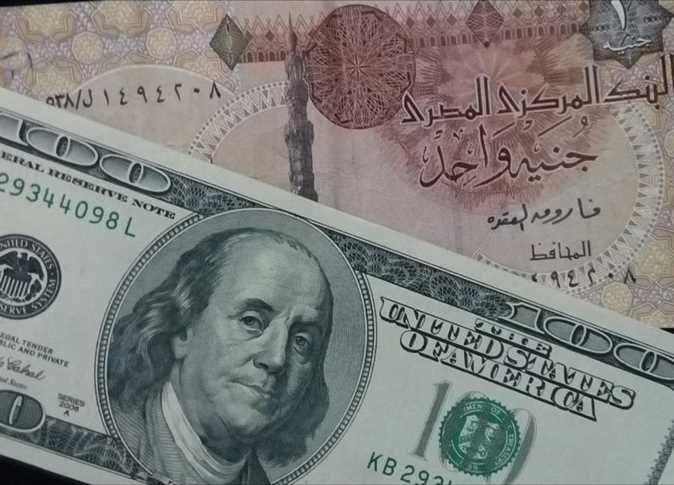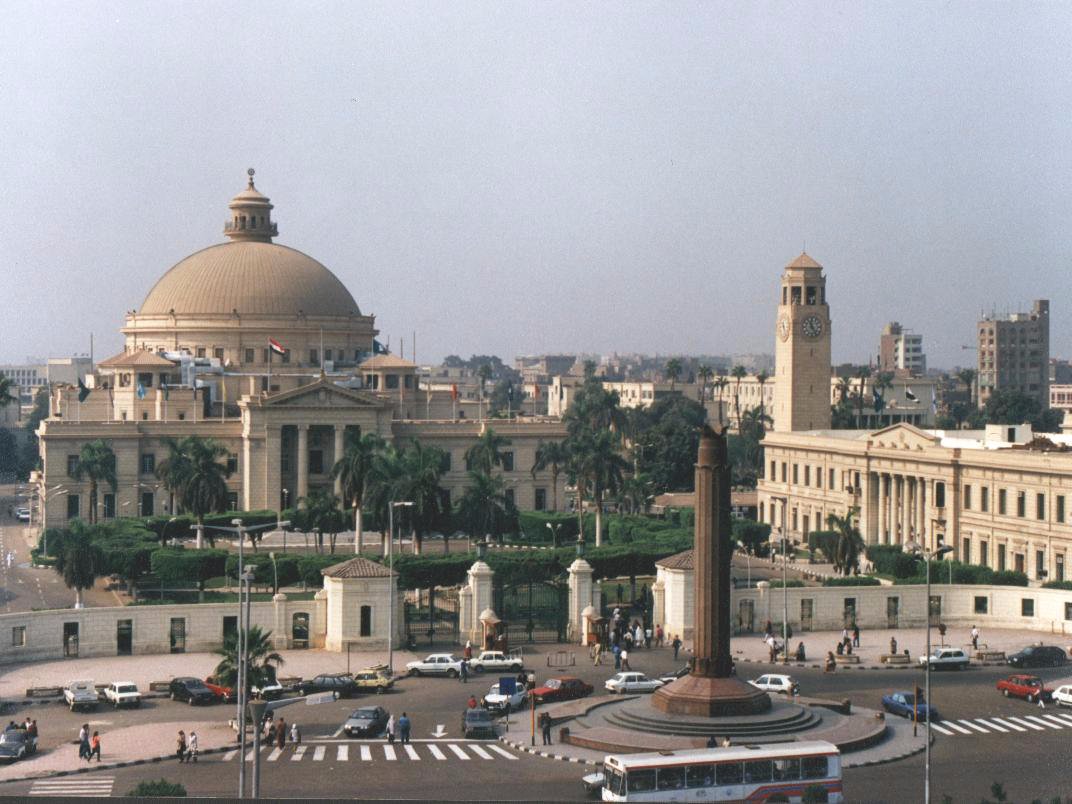
Banking expert Hany Abul-Fotouh explained that the exchange rate policies followed globally involve either linking the country’s currency to another or a basket of currencies, or by devaluation.
Clean vs dirty float
Abul-Fotouh added that a clean float of currency means leaving the currency price to be determined by supply and demand in the market without any intervention from the Central Bank, and the exchange rate may witness high fluctuations during transactions with high freedom of capital movement.
He continued: “Managed or dirty floating refers to the intervention of the Central Bank in the market to determine a specific range for the currency price, and it buys or sells the currency to maintain this range. Transactions, according to this policy, are characterized by limited fluctuations and some restrictions on the freedom of movement of capital.”
Advantages of clean float:
- It reflects the real value of the currency in the market.
- Encourages investment and international trade.
- Reduces government intervention in the economy.
Disadvantages of clean float:
- It may negatively affect investment and economic planning.
- It may lead to economic crises in developing economies.
The advantages and disadvantages of dirty float:
He explained that one of the advantages of dirty float is controlling inflation, which helps stabilize prices, reduce economic risks by reducing the risk of exchange rate fluctuations, lessen the risks that companies face due to exchange rate fluctuations and attract more foreign direct investments into the country.
According to Abul-Fotouh, dirty float helps grow exports when the currency price is more stable, which makes it easier for companies to plan their exports and set prices more accurately.
However managed float also has disadvantages, he said, explaining that when the central bank maintains the currency price within a specific range, it is forced to sell foreign currency to banks or may also be forced to use foreign currency reserves.
In addition, it creates restrictions on the freedom of movement of capital and international trade, and hinders investments.
Edited translation from Al-Masry Al-Youm




